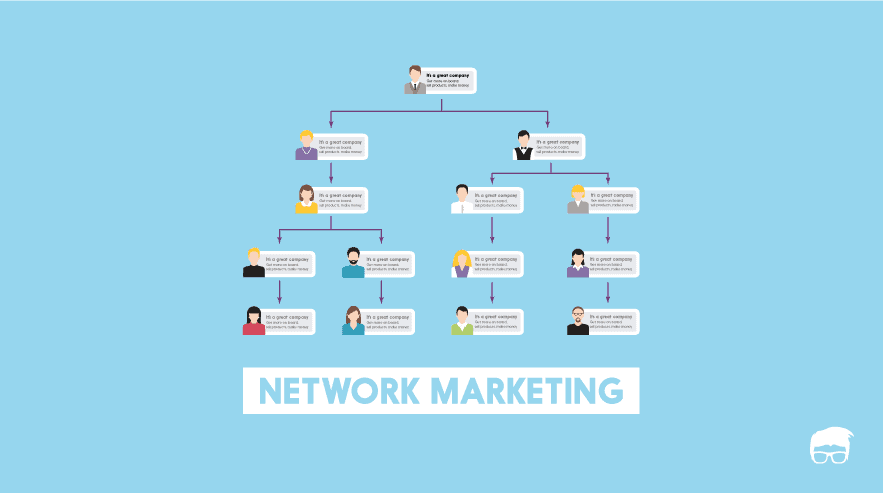Marketing Myopia, first expressed in an article by Theodore Levitt in Harvard Business Review, is a short-sighted and inward-looking approach to marketing that focuses on fulfilment of immediate needs of the company rather than focusing on marketing from consumers’ point of view.
When a company focuses more on sales than on marketing or consumers’ needs, that’s when marketing myopia strikes in.
What Is Marketing Myopia?
Marketing myopia is a situation when a company has a narrow-minded marketing approach and it focuses mainly on only one aspect out of many possible marketing attributes.
A brand focusing on the development of high-quality products for customers who disregard quality and only focus on the price is a classic example of marketing myopia.
When Does Marketing Myopia Strike In?
Marketing myopia strikes in when the short term marketing goals are given more importance than the long term goals. Some examples are:
- More focus on selling rather than building relationships with the customers.
- Predicting growth without conducting proper research.
- Mass production without knowing the demand.
- Giving importance to just one aspect of the marketing attributes without focusing on what the customer actually wants.
- Not changing with the dynamic consumer environment.
Business, according to Levitt, is actually a customer satisfying institution and hence should be based on customers’ needs and desires.
Self-Deceiving Cycle
Growth is never assured. The business environment is everchanging and so should be a business. Businesses that don’t assess their own capabilities, competitors, customers’ needs, and changing trends, always tend to get trapped in a self-deceiving cycle.
Conditions That Lead To The Self-Deceiving Cycle
- A belief that growth of the business is guaranteed by growth in population.
- The belief that there is no competitive substitute for the company’s product
- Supply creates its own demand, hence mass production.
- Overestimation of product’s qualities without conducting scientific research.
If you ever think there is an absence of future problems, there can be a problem in your thinking.
Step-Child Treatment
Businesses often treat their product as their own child and customers’ needs as a stepchild. This result in spending most of the resources in the development of their product and the remaining (less or no) resources on conducting research and marketing. This backfires on the businesses as the stepchild always turn out to be the Cinderella of the story.
Examples Of Marketing Myopia
Here are some companies that are suffering from or have suffered from marketing myopia
- Kodak lost much of its share to Sony cameras when digital cameras boomed and Kodak didn’t plan for it.
- Nokia losing its marketing share to android and IOS.
- Hollywood didn’t even tap the television market as it was focused just on movies.
- Yahoo! (worth $100 billion dollars in 2000) lost to Google and was bought by Verizon at approx. $5 billion (2016).
Marketing Myopia in future
- Dry cleaners – New types of fiber and chemicals will result in less demand for dry cleaners.
- Grocery stores – A shift to the digital lifestyle will make grocery stores disappear.
- Facebook: With the new GDPR and data privacy laws, Facebook will either need to change its business model or it may lose social media market share to other data-privacy-centric social media platforms.
Go On, Tell Us What You Think!
Did we miss something? Come on! Tell us what you think of marketing myopia in the comment section.
A startup consultant, digital marketer, traveller, and philomath. Aashish has worked with over 20 startups and successfully helped them ideate, raise money, and succeed. When not working, he can be found hiking, camping, and stargazing.








![What Is Green Marketing? [The Complete Guide] green marketing](https://www.feedough.com/wp-content/uploads/2018/11/green-marketing.webp)